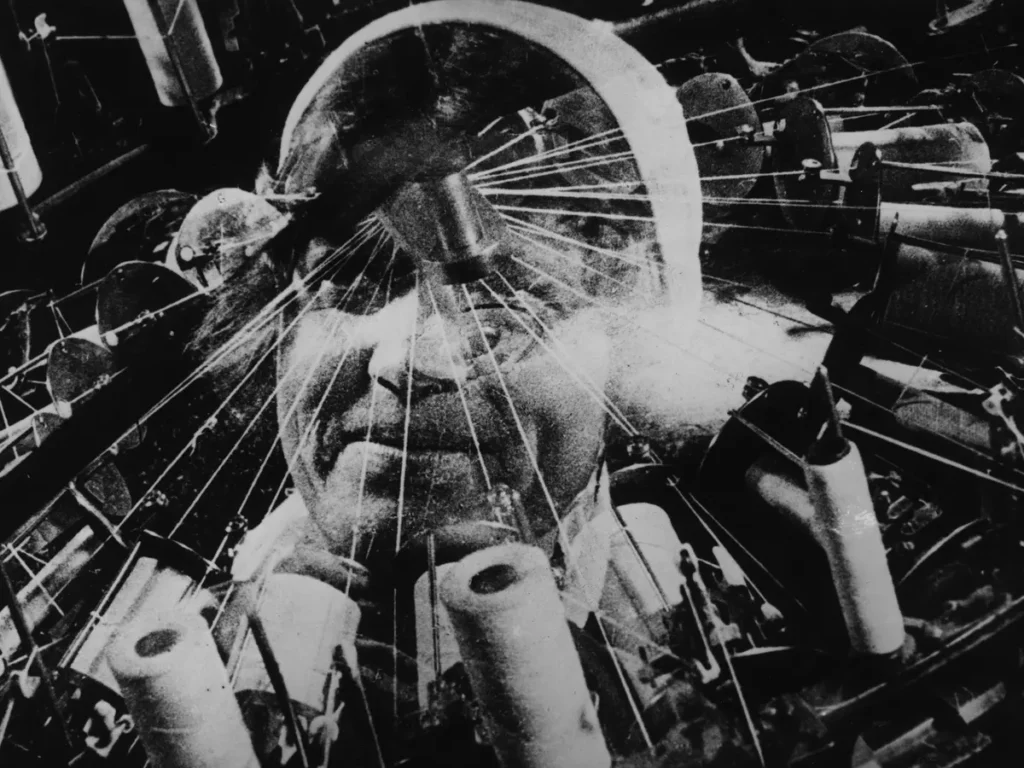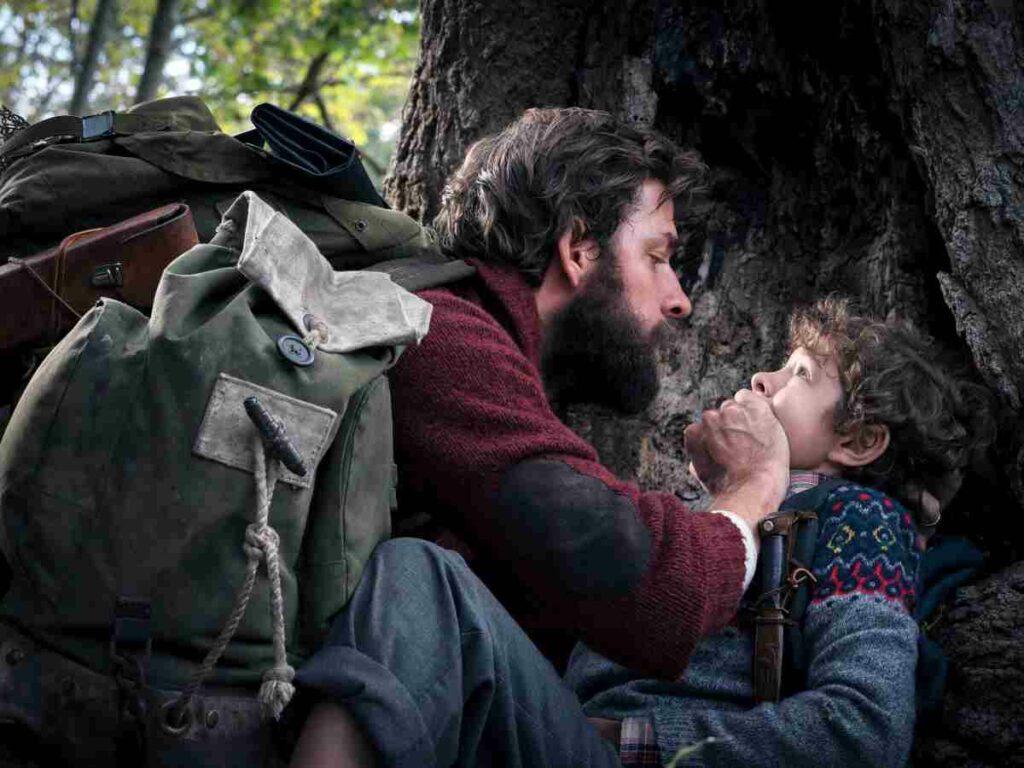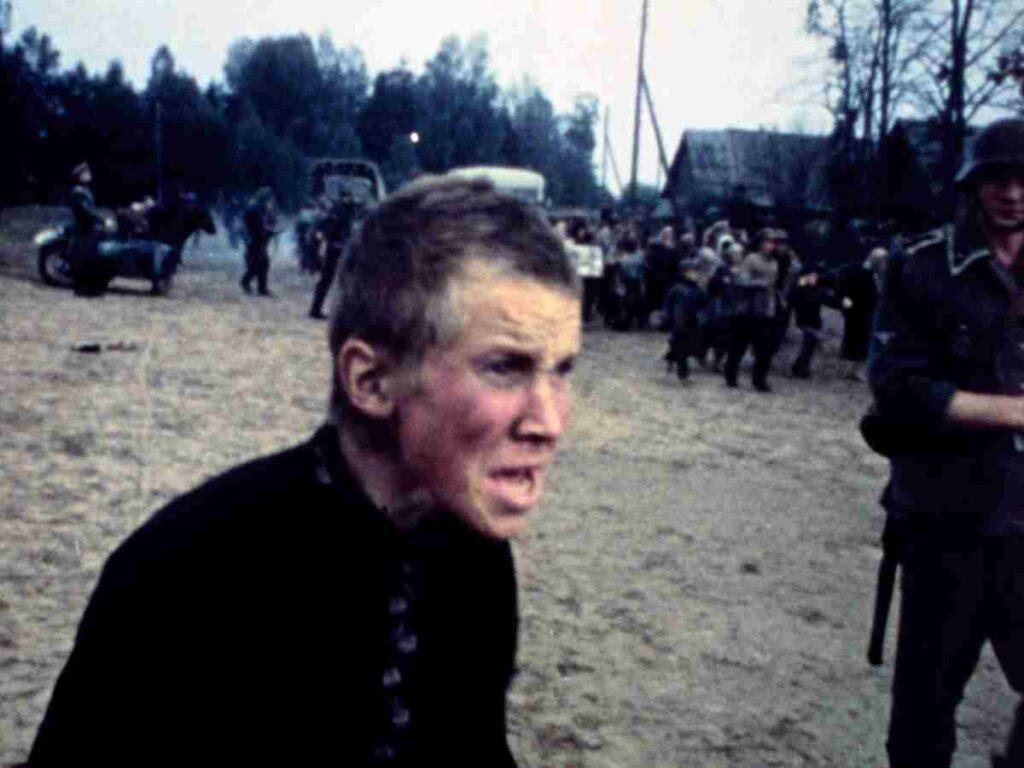When I first saw Russian filmmaker Dziga Vertov’s Man With a Movie Camera (1929), I was totally amused by the rhythm of the film. Just the way the images flowed one after the other. It was also the first time I realised that you can make a film which is an intense work of art, philosophy and psychology without using any kind of dialogue. A film just through images.
And yes it was a documentary. But it hardly felt like one.
It also made me realise that only a documentary can truly liberate the cinematic form. It can free cinema from literature, theatre etc. Most importantly, I could relate to the biggest element in this silent classic, that was questioning the eye or the camera. The relation of the camera with the subject. The camera was also a representation of the technological advancement at that time and age. And how Dziga Vertov used that element to reflect on his own personality and cinema.
Autohead (2016), my first film, has a direct influence from that. That is the self-aware presence of the camera. Trying to understand what it is. Thus reflecting on oneself and the camera’s importance in a society. And lastly the things that the film talks about. I could relate to it so much.
Dziga Vertov’s documentary was an extremely shocking experience. And it has stayed with me ever since.
By Rohit Mittal
Rohit Mittal is an independent filmmaker based out of Mumbai. His debut feature Autohead is streaming on Netflix.





1 thought on “Dziga Vertov Film Was Extremely Shocking: Director Rohit Mittal Writes”
Comments are closed.